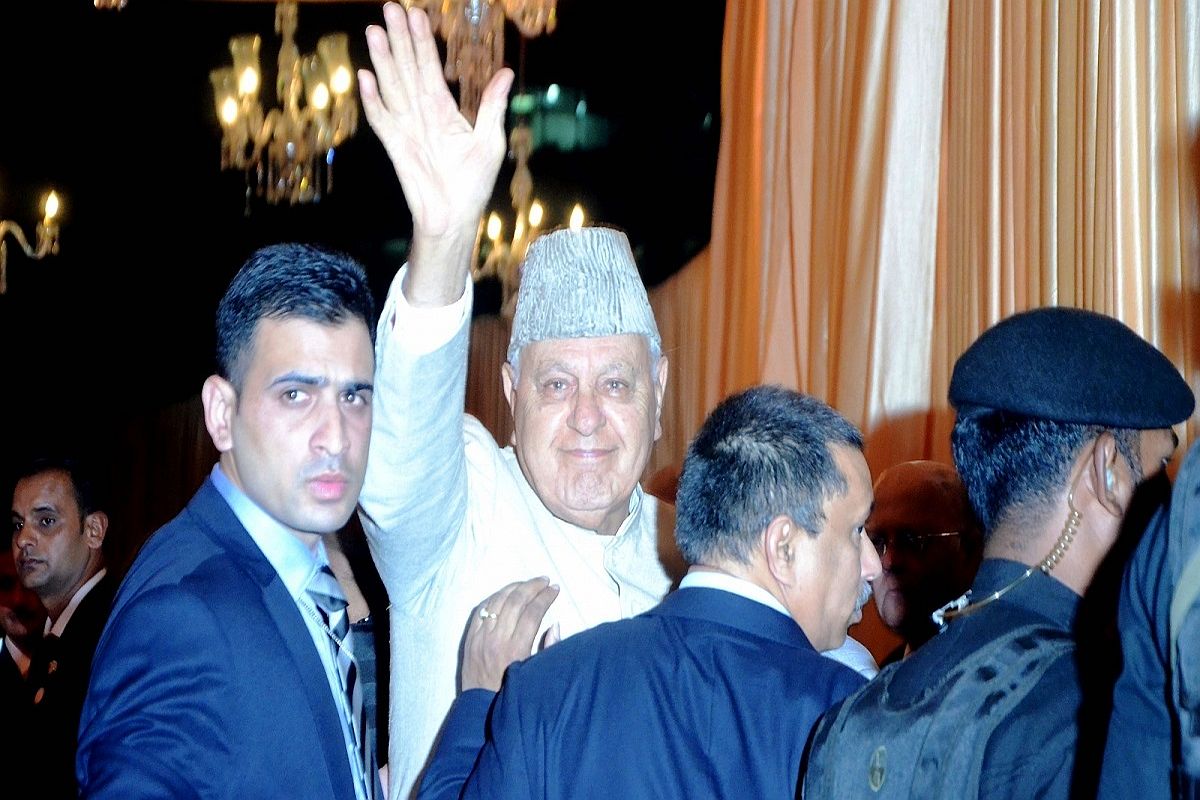The Supreme Court on Monday issued notices to the Centre and the Jammu and Kashmir government on a plea by Tamil Nadu leader Vaiko seeking National Conference leader Farooq Abdullah’s release from detention.
Marumalarchi Dravida Munnetra Kazhagam (MDMK) Chief and leader Vaiko in his petition in the Supreme Court has claimed that former Jammu and Kashmir Chief Minister Farooq Abdullah was supposed to attend the 111th birth anniversary celebrations of former Tamil Nadu CM and founder of DMK CN Annadurai in Chennai on September 15.
Advertisement
Vaiko told the apex court that the NC leader could not be contacted as many leaders in J-K were under house arrest after the abrogation of Article 370 on August 5.
Issuing notice to the Centre asking it to respond to the petition by Vaiko, the Supreme Court asked if Farooq Abdullah was still under detention.
The MDMK chief had filed a habeas corpus petition in the apex court to produce the former J-K CM.
On CPM leader Yousuf Tarigami, who was ordered to be brought to AIIMS for treatment, the Supreme Court allowed the senior Jammu and Kashmir politician to return to the state.
On the plea of Anuradha Bhasin, the editor of Kashmir Times, seeking relaxation on media movement in the Valley, Attorney General KK Venugopal, opposing the submission, said that all newspapers are getting published and many TV channels also being broadcast.
Venugopal, appearing for Union of India, told the court that landline and many other communication facilities are being provided to media professionals for their work.
Venugopal said that more than 5.5 lakh people have attended OPDs across J-K for their medical treatment and dismissed the claim of Bhasin that people are not getting medical facilities.
The Supreme Court has asked the Centre and the Jammu and Kashmir government to file an affidavit in the case and fixed the matter to September 30 for further hearing.
Around 400 politicians including former chief ministers Farooq Abdullah, Mehbooba Mufti and Omar Abdullah are under house arrest since the Centre abrogated Article 370 and bifurcated Jammu and Kashmir into two Union Territories on August 5.
Kashmir was under an unprecedented security clampdown as restrictions were imposed in the Valley following the Centre’s decision to scrap Article 370.











